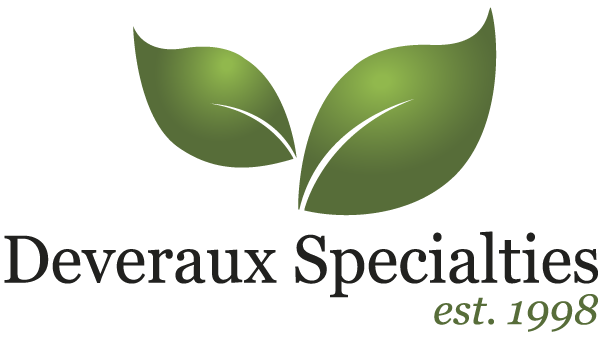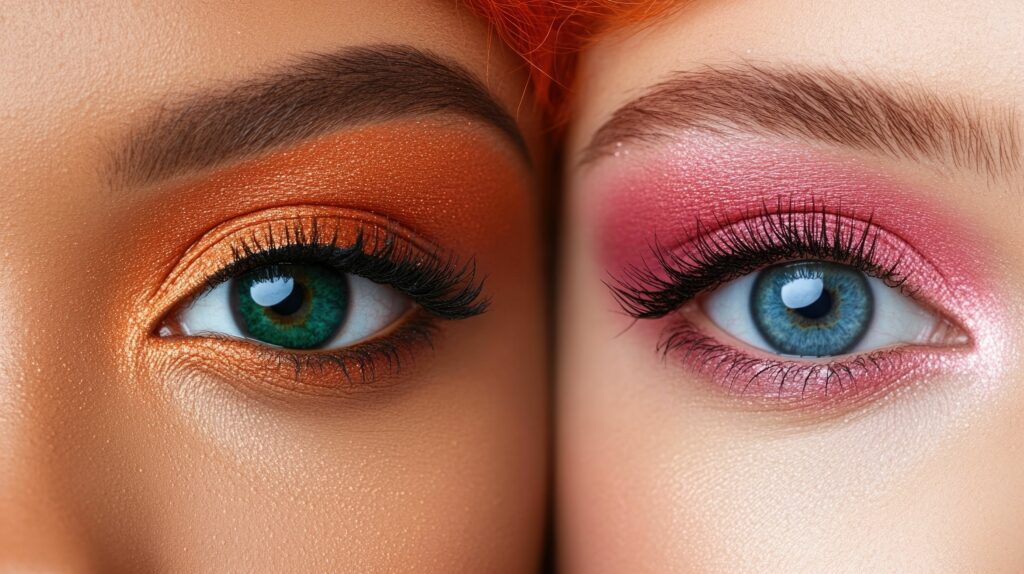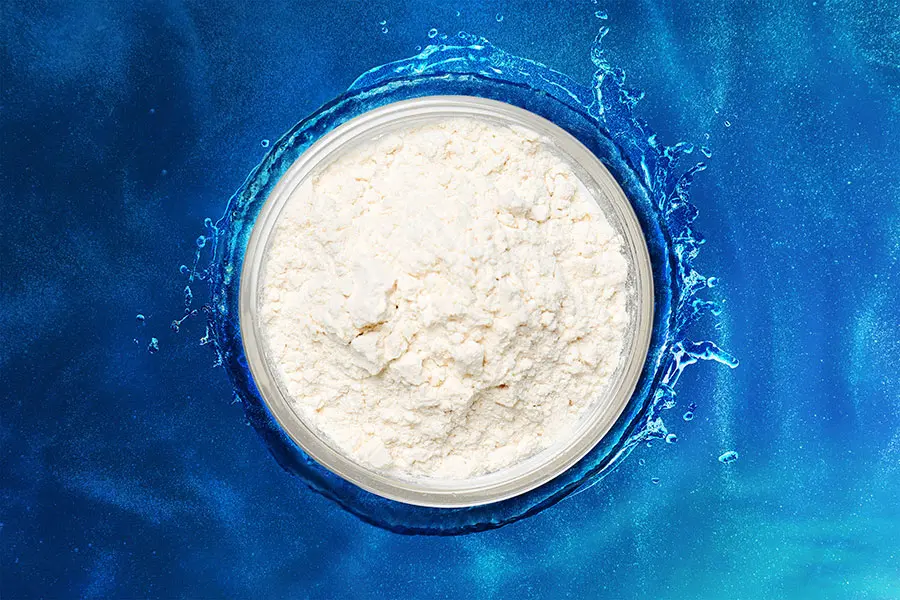Mastering Retinol Formulation
Formulating with retinol is not unlike working with a volatile chemical compound in a controlled lab experiment—its potential is immense, but the risks of instability, degradation, and irritation loom large. Cosmetic chemists and formulators have long sought ways to tame this powerhouse ingredient, optimizing its effectiveness while mitigating its downsides. But is there a way to harness retinol’s benefits without triggering its well-documented pitfalls?
Enter INdermal’s Vegan DDS True Retinol, an advanced encapsulated delivery system that rewrites the rules of retinol formulation. Before we explore how this innovation shifts the paradigm, let’s dissect the core challenges that have historically made retinol both an industry darling and a formulator’s headache.
The Challenges of Formulating with Retinol
► The Stability Problem: A Fragile Molecule in a Harsh World
Retinol’s efficacy is largely dependent on its structure, but that structure is inherently fragile. Light, oxygen, and heat are its sworn enemies, rapidly degrading its potency long before it reaches the consumer’s skin. Traditional formulations rely on stabilizers such as BHT (butylated hydroxytoluene) or BHA (butylated hydroxyanisole), yet these additives come with safety concerns and regulatory scrutiny. Additionally, formulating with retinol requires shielding it from UV exposure in both the product itself and its final packaging.
A formulator’s dilemma, then, is ensuring retinol’s longevity while keeping the formulation free of potentially controversial stabilizers. Without proper protection, a high-quality retinol serum can transform into an ineffective, oxidized product well before it reaches the skin.
► The Irritation Factor: A Double-Edged Sword
Retinol is a potent cell communicator, speeding up cell turnover, boosting collagen production, and refining skin texture. But potency often comes with a price—skin irritation. Peeling, redness, and sensitivity are common reactions, particularly for those with dry or sensitive skin. The traditional approach has been to introduce retinol gradually or to buffer it with soothing agents, but this doesn’t eliminate the risk of irritation entirely.
Additionally, many formulators attempt to soften retinol’s impact by using its derivatives, such as retinyl palmitate or retinaldehyde. While these alternatives are milder, they also require metabolic conversion within the skin before becoming active, making them inherently less potent than pure retinol.
► Formulation Constraints: Compatibility and Delivery
Retinol isn’t a team player when it comes to formulation compatibility. Its delicate nature makes it challenging to incorporate into water-based systems, necessitating oil-based emulsions or anhydrous formulations. Furthermore, it doesn’t play well with acids (like AHAs and BHAs), which can destabilize it, nor with certain preservatives and emulsifiers that can interfere with its performance.
In addition to formulation stability, there’s the issue of delivery. Retinol’s benefits depend on effective penetration into the skin, but free retinol can be erratic—either sitting on the surface, where it causes irritation, or penetrating too deeply, leading to increased sensitivity.
How Vegan DDS True Retinol Solves Retinol’s Biggest Formulation Challenges
INdermal’s Vegan DDS True Retinol doesn’t just tweak the rules of retinol formulation—it rewrites them. Using Deep Delivery Nanovesicle (DDS) technology, it addresses retinol’s inherent weaknesses, creating a system that is more stable, less irritating, and more bioavailable than traditional retinol formulations.
Proven Efficacy Ex Vivo: Retinol, but Smarter
Ex vivo studies are a critical step in understanding how an active performs in a controlled skin model before human trials. In this evaluation, human organotypic skin explant cultures (hOSECs) were exposed to sun-like irradiation to simulate photoaging. The goal was to assess how different retinol formulations could restore collagen and elastin levels, two key indicators of skin health and firmness. The results were striking:
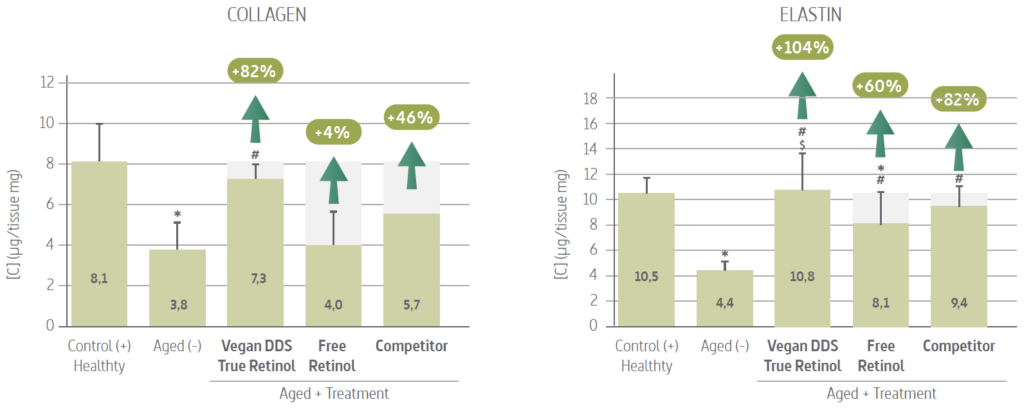
This study underscores how encapsulation significantly enhances retinol’s regenerative potential, making it far more effective in combating signs of aging.
Proven Efficacy In Vivo: Real Results, Real Skin
While ex vivo studies offer controlled insights, in vivo trials provide real-world validation. A 56-day clinical study was conducted on 30 female volunteers aged 35 to 60 with oily or combination skin, all exhibiting visible signs of aging. These participants used a gel formulation containing 5% Vegan DDS True Retinol as the only active ingredient. The results?
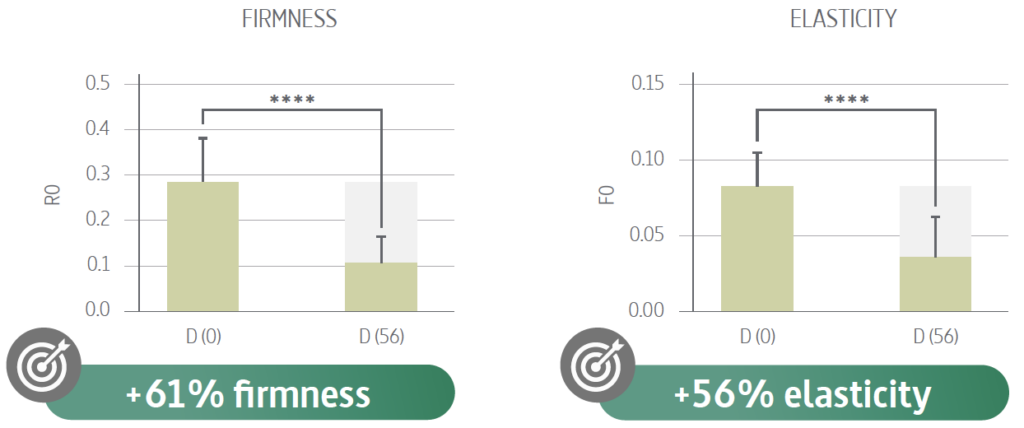
These findings reinforce that Vegan DDS True Retinol delivers high-performance results without the harsh side effects of traditional retinol formulations.
Sustained Penetration: A Smarter Release Mechanism
One of the biggest drawbacks of free retinol is its unpredictable penetration—it can sit on the surface (causing irritation) or penetrate too deeply (leading to excessive sensitivity). INdermal’s DDS technology ensures a controlled, gradual release, allowing retinol to work over time rather than all at once. A 24-hour sustained penetration study using human skin explants confirmed:
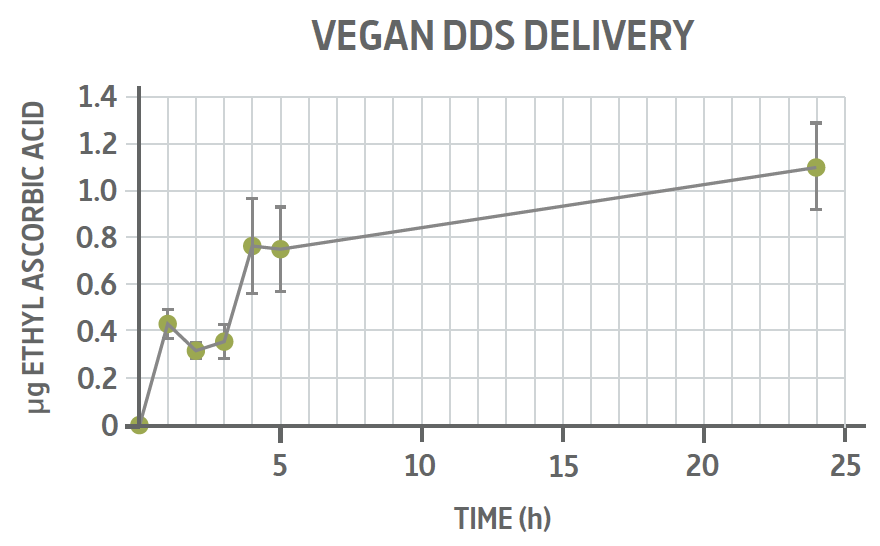
This gradual-release mechanism ensures consistent benefits while reducing skin stress, making retinol tolerable for even sensitive skin types.
Targeted Delivery: Retinol Where It Matters Most
Penetration alone isn’t enough—delivery needs to be precise to avoid unwanted effects. To confirm the targeted delivery of Vegan DDS True Retinol, researchers used fluorescent nanovesicles to track its distribution within human skin samples. Key findings included:
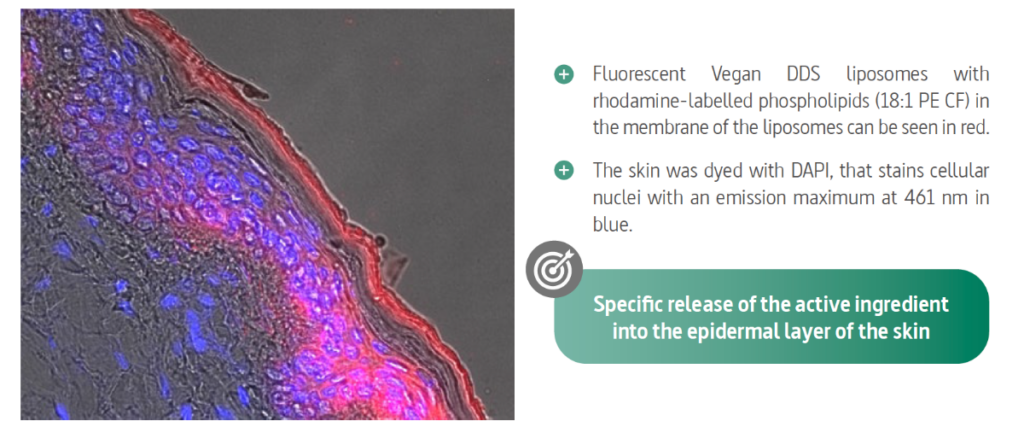
These studies collectively prove that Vegan DDS True Retinol outperforms both free and encapsulated competitor retinol formulations. By addressing the core challenges of stability, irritation, bioavailability, and precision delivery, it offers formulators an unparalleled tool for high-efficacy, low-risk retinol skincare.
A New Gold Standard in Retinol Delivery
Retinol remains the gold standard in anti-aging and skin renewal, but its formulation challenges have kept chemists in a perpetual balancing act between efficacy and tolerability. INdermal’s Vegan DDS True Retinol marks a new era—one where stability, bioavailability, and reduced irritation are no longer competing priorities, but coexisting advantages.
For formulators, this means fewer compromises. No more struggling with degradation issues, no more harsh irritation concerns, and no more limitations on delivery and efficacy. With DDS nanotechnology, retinol’s full potential is finally within reach, reshaping how we formulate the future of skincare.
With data this compelling, the question isn’t whether formulators should use Vegan DDS True Retinol—it’s why they haven’t switched yet.
References:
- Challenges of Formulating with Retinoids – A detailed look at the formulation difficulties related to stability, irritation, and bioavailability in retinol-based products. Source: National Library of Medicine URL: https://pmc.ncbi.nlm.nih.gov/articles/PMC9618501/
- Formulating with Vitamin A in Skincare – A professional resource outlining retinol degradation, formulation strategies, and compatibility considerations.
Source: Personal Care Science. URL: https://personalcarescience.com.au/Workshops/cosmeticscienceworkshops-2110/Blog-4192/FormulatingwithVitaminAinskincare-7501/ - INdermal’s Vegan DDS True Retinol Brochure – A detailed technical document providing in-depth efficacy studies, ingredient composition, and encapsulation technology benefits. Source: INdermal.
